Korean tap water is officially rated among the highest quality in the world, yet most locals won’t drink it straight from the faucet. This disconnect between official safety ratings and public behavior represents one of Korea’s most interesting cultural paradoxes. Recent research and government initiatives are attempting to bridge this gap, but deep-seated perceptions remain strong among Korean residents.
The Safety of Korean Tap Water: What Research Shows
Korean tap water in Korea is completely safe to drink. The Korea Water Resources Corporation and other scientific sources confirm that South Korean tap water meets or exceeds international safety standards. Seoul’s tap water, known as “Arisu” (after the Han River’s ancient name), undergoes particularly rigorous testing processes that evaluate 350 criteria items – significantly more than the World Health Organization’s recommendation of 166 categories. A 2013 report by the National Institute of Environmental Research (NIER) showed that the risk of bacterial growth was actually lowest in tap water compared to water from household purifiers or opened bottles.
Beyond safety considerations, research shows that tap water in Korea is nutritionally beneficial. Seoul’s Arisu contains a healthy mineral content of 37.6 mg/L, comparable to bottled spring water. In contrast, purified water has almost zero mineral content, removing potentially beneficial nutrients.
Why Most Koreans Avoid Drinking Tap Water
Despite the fact that South Korea has some of the highest quality tap water in the world, many native Koreans still refuse to drink it. In a survey of about 12,000 individuals taken by the Environment Ministry in 2013, only 10% of respondents said they drank water straight from the tap. About 55% of them said they only drank tap water if it was boiled first.
Even so, Koreans still abstain from drinking water from the tap out of fear for their health and safety — a distrust that many believe stem from a national water scare from nearly 35 years ago. In 1991, 30 tons of undiluted phenol (a highly toxic chemical used in processing circuit boards) from a Gumi electronics manufacturing company leaked into the Nakdong River and subsequently contaminated Daegu residents’ water supply. This resulted in pungent odors in the region’s tap water, and severe headaches and vomiting among those who drank it.
Seoul’s Next Steps for Korean Tap Water
The Seoul Metropolitan Government has been actively working to improve tap water quality and public perception. In June 2023, they announced plans to spend 4.32 trillion won ($3.28 billion) by 2040 to improve tap water quality through the “Arisu 2.0” initiative.
While the government continues making significant investments to improve infrastructure and water quality, most Koreans still prefer to boil tap water, use purifiers, or purchase bottled water. Visitors to Korea can confidently drink the tap water, though they might receive surprised looks from locals when doing so.
For those staying in Korea long-term, following local customs regarding water consumption is a personal choice, but rest assured that from a safety perspective, Korean tap water meets the highest international standards.

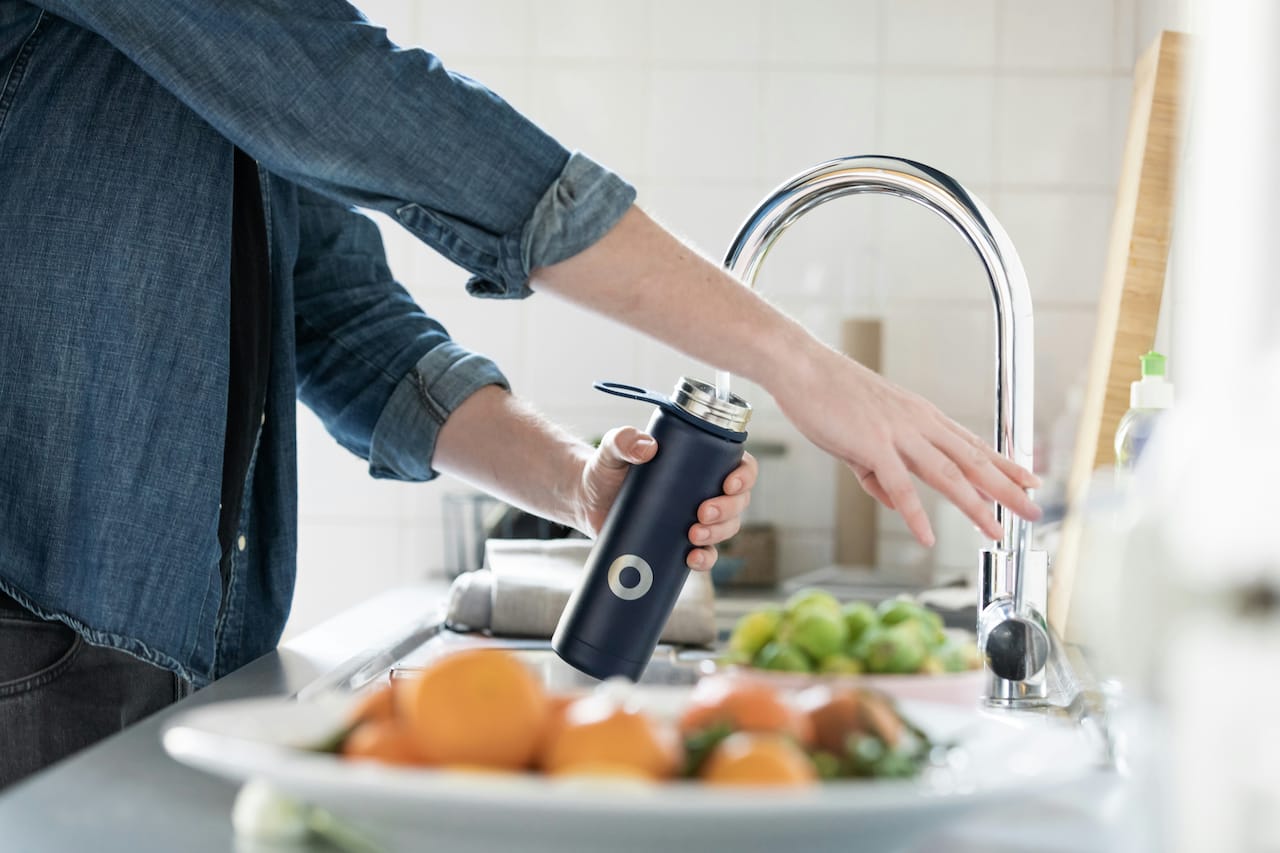

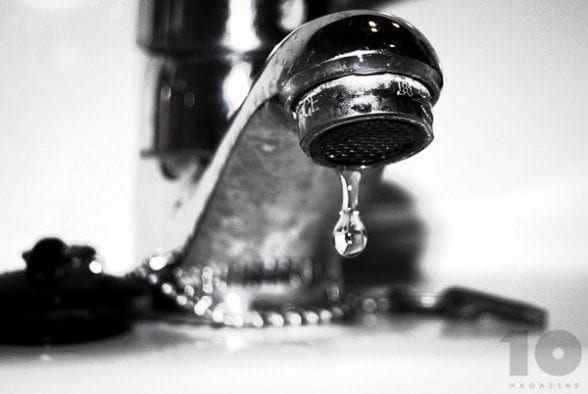

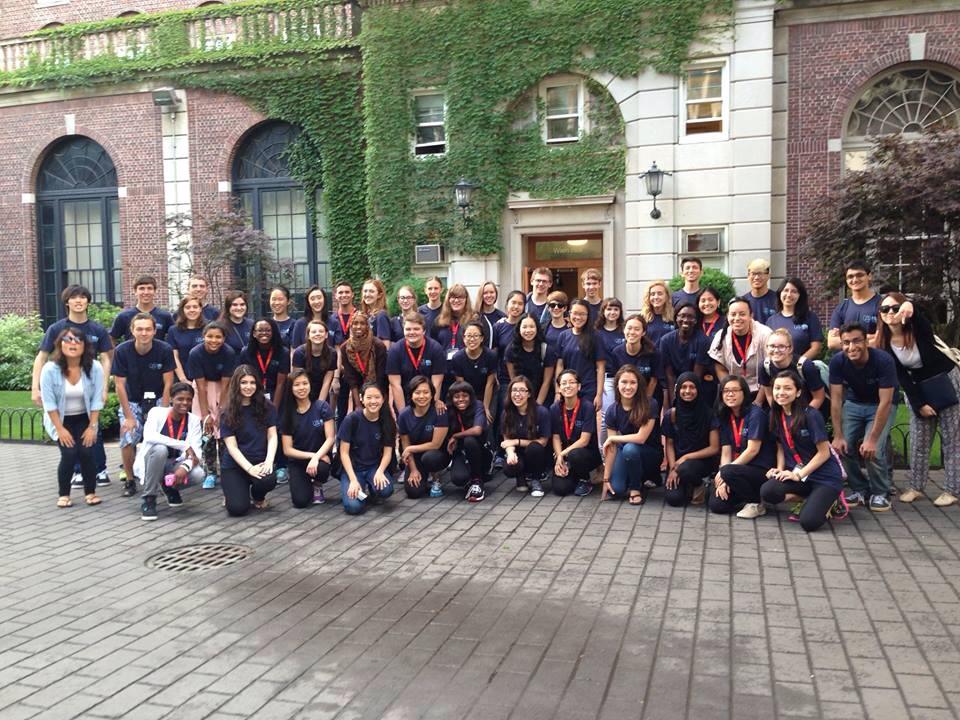

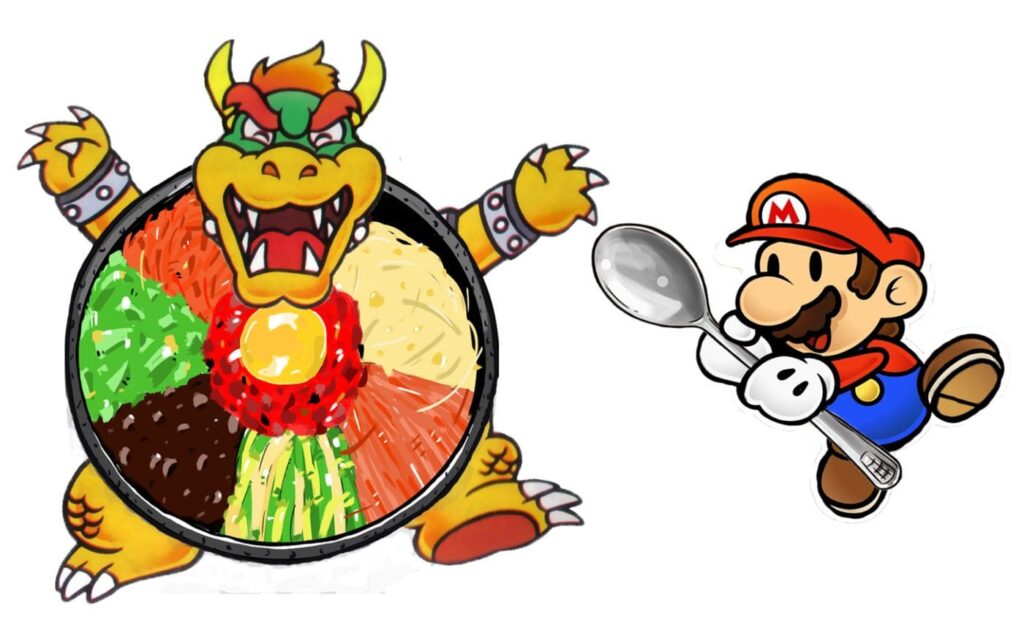
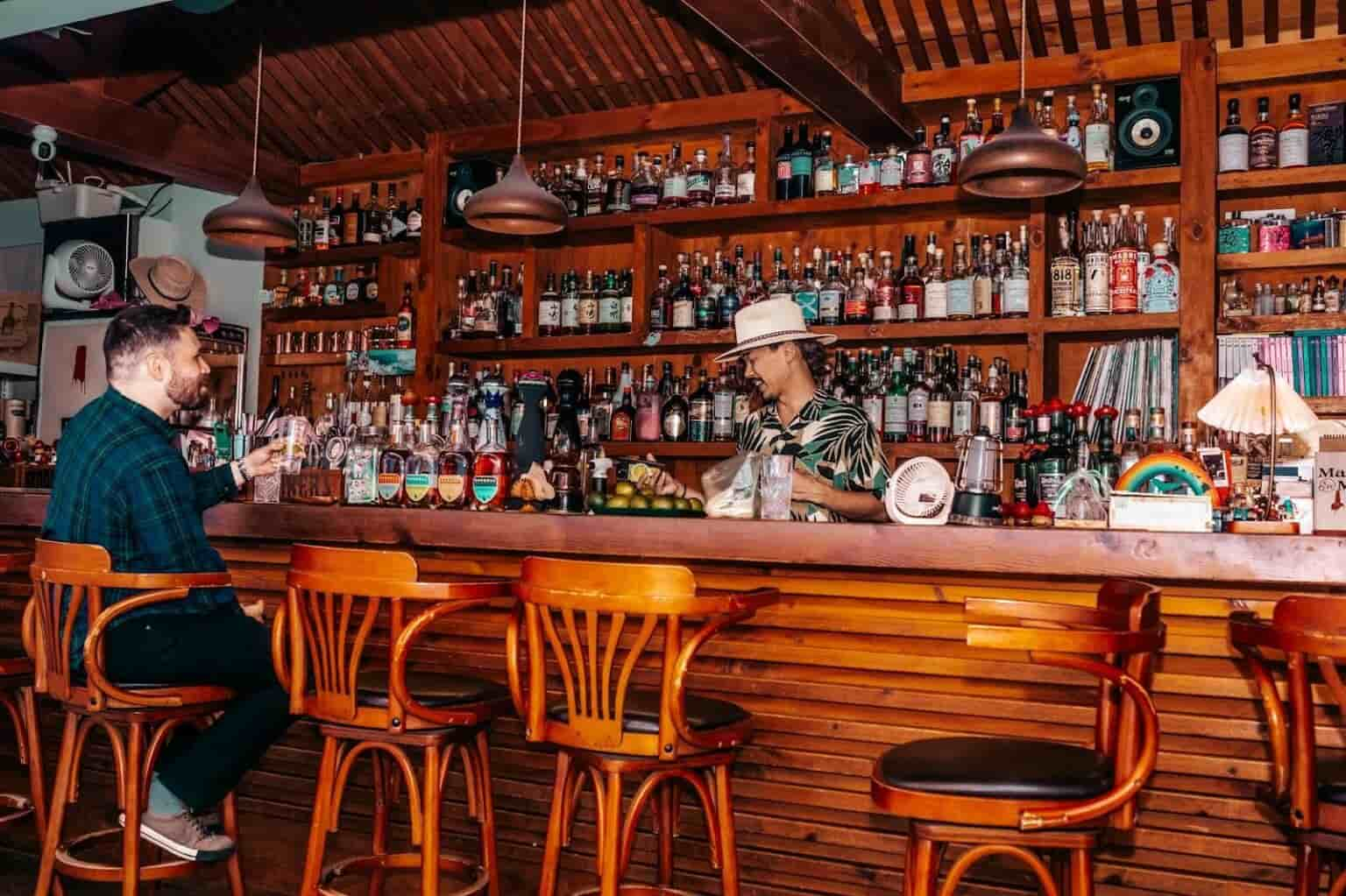

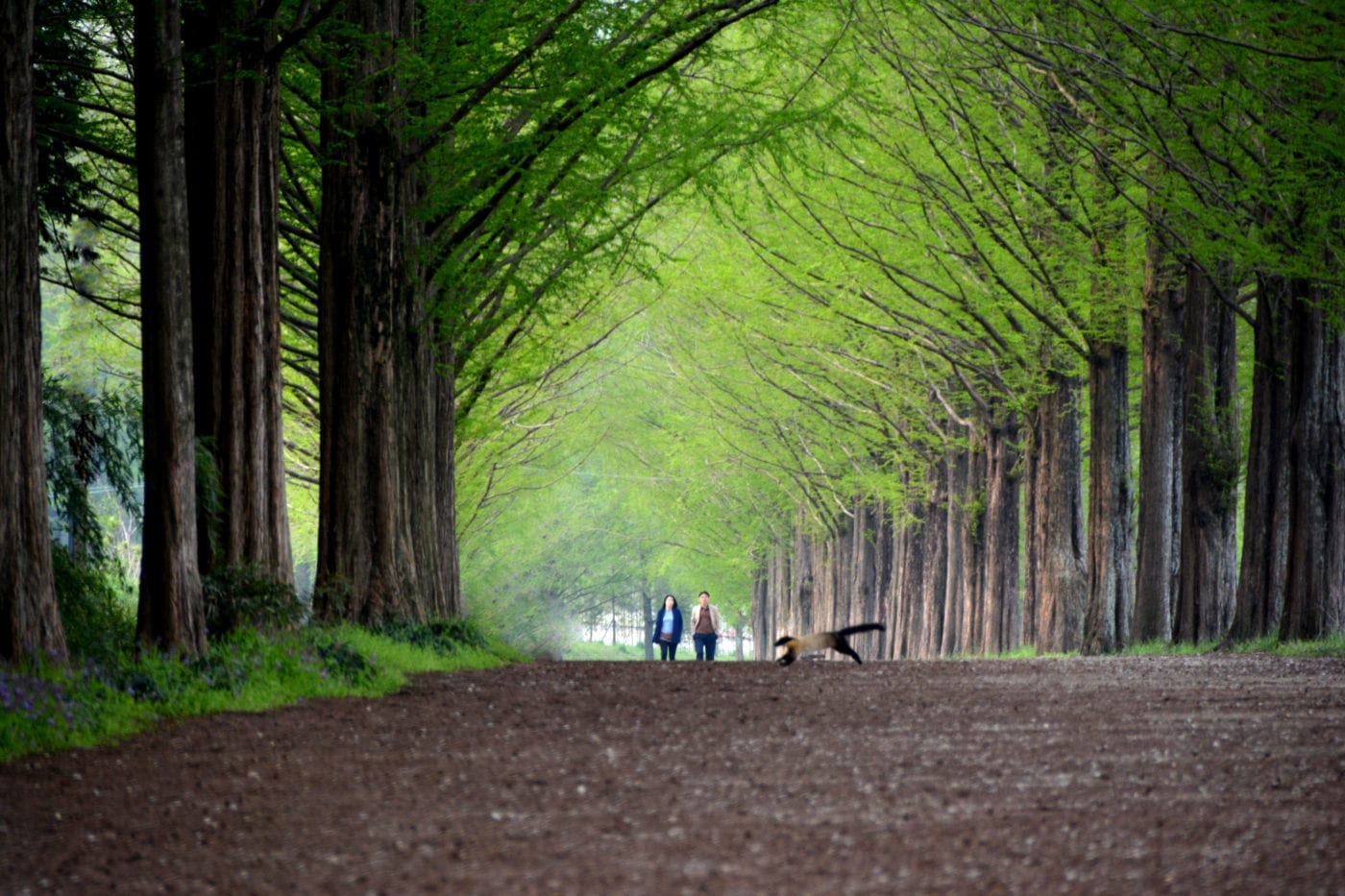
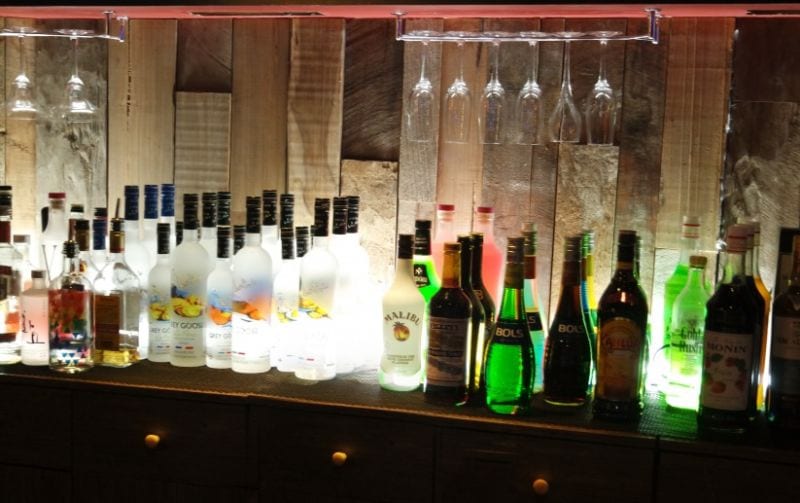
6 comments
N. Simpson
You also missed this about a month ago…
http://www.koreaherald.com/view.php?ud=20150526000906
Why should I read 10 magazine if you missed 1 important recent article on the issue, and another recent article quoting similar stats published in the Korea Herald with more in depth discussion.
Chong
Thanks for posting the article.
N. Simpson
I think you guys missed this…
“25 factories release poisoned wastewater into Han River”
http://m.koreatimes.co.kr/phone/news/view.jsp?req_newsidx=181214
Please do some more research before writing something like this.
Seoulhunter
N. Simpson: Umm your reply just furthers the case for drinking Korean tapwater. The authorities quickly found the culprits and have already taken care of the situation.
The simple fact stands that even with slip ups like that, no one has ever been reported sick from Korean tap water since 1991, and they rank 8th in the world.
I’ve been drinking tapwater here for 3 years (and I’m from Gumi, the city of the 1991 problem) and I love it.
cb
At my last place, the water came out brown at first everyday. They said it was normal and to let it run until it came out clear. I wouldn’t drink it, anyway. In Seoul it’s clear now but it’s hard to forget the brown water and affects my trust. In one place the city put a sticker on our pipe to tell us it was safe. I drank it then without worry but still the Koreans would boil it. Go figure.
steph
you kinda just stopped writing there in the second-to-last paragraph